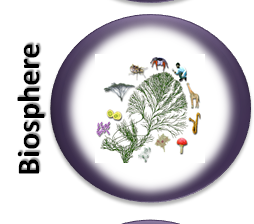Tag Archives: AI
26 Feb Choosing an Ontology Framework
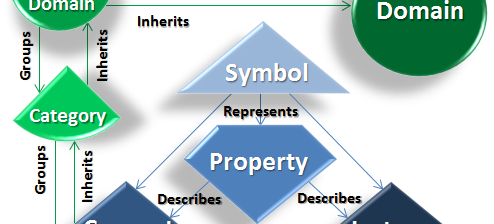
Ontology is a knowledge representation language like Roger Schank‘s Semantic Networks and John Sowa‘s Conceptual Graphs or Doug Lenat‘s Semantic Web. An Ontology framework is the model (structure, function and content definition) in which you choose to build your ontology. Like a Relational Database or an Object Oriented Programming Language, an ontology has defined structures, functions […]
24 Feb Intro to the End of Code

By: Joe Roushar – February 2013 In the Beginning When computer programming began, it consisted mostly of written computer instructions called code. Data was minimal. Decks of dozens to hundreds of punched cards told the computer what to do with the data, which was also encoded on punched cards. The process of writing and debugging code was tremendously tedious. As computing […]
24 Dec Neuron Components and Cybernetics
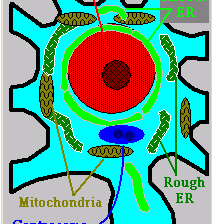
What About Cybernetics? The properties of subcellular neuron components, also known as organelles, are important to this research because they might contribute to the information acquisition, storage, accessing and maintenance systems of the brain. I plan to further discuss the reason for separating storage and maintenance in a post in the section on cognition. These […]
03 Dec Language Expressiveness

Expressiveness Human languages are eloquent vehicles for giving form to the motion of the human mind. They provide symbol-rich expressions for our thoughts and communications. Language is dynamic and defies circumscription. Yet, it is circumspect; it is also useful and extremely beautiful. To comprehend is to begin to capture that beauty. The expressiveness of language […]
01 Dec Robot Neurons: Analog versus Digital
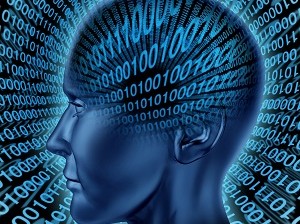
Digital is basically black and white: 1 is yes and 0 is no or vice-versa. Yet our world is full of other colors. We can efficiently use digital devices to stretch arbitrary numbers of 1’s and 0’s together to represent a virtually infinite degree of possible values. Yet there are places where exactly two values may […]
12 Nov Context Powers Backward Chaining Logic
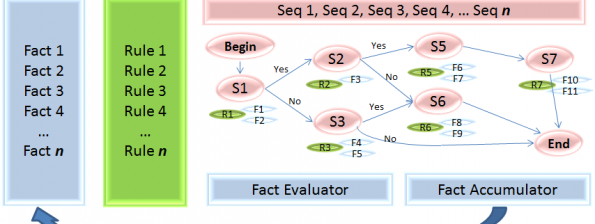
A popular success strategies book suggests that if we “Begin with the End in Mind” we are likely to get where we’re going more consistently. We wander less if we think about what we want at the end from the very first steps of our journeys. Context helps us do that. Human behaviorists and philosophers have […]
10 Nov Seeking a Universal Theory of Knowledge
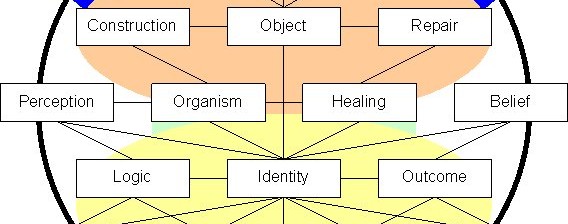
As a fundamental premise for this post, this blog as a whole, and my life’s work, I propose that language and “real world knowledge” are inextricably connected, and neither functions well without the other. This is why, in my opinion, natural language processing (NLP) initiatives focusing exclusively, or even primarily on language structure have significant […]
05 Nov Evolution of Language
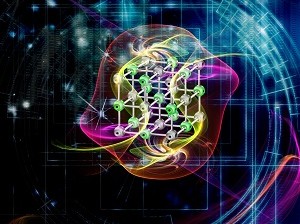
Evolution of Language Did humans become smart by necessity? With the forces of nature combined to rig the test for “survival of the fittest”, as human evolution from lower forms, how did these ill-equipped creatures, with their weak jaws and thin hides, make the natural-selection cut? It sounds like it was a perilous journey. One […]






